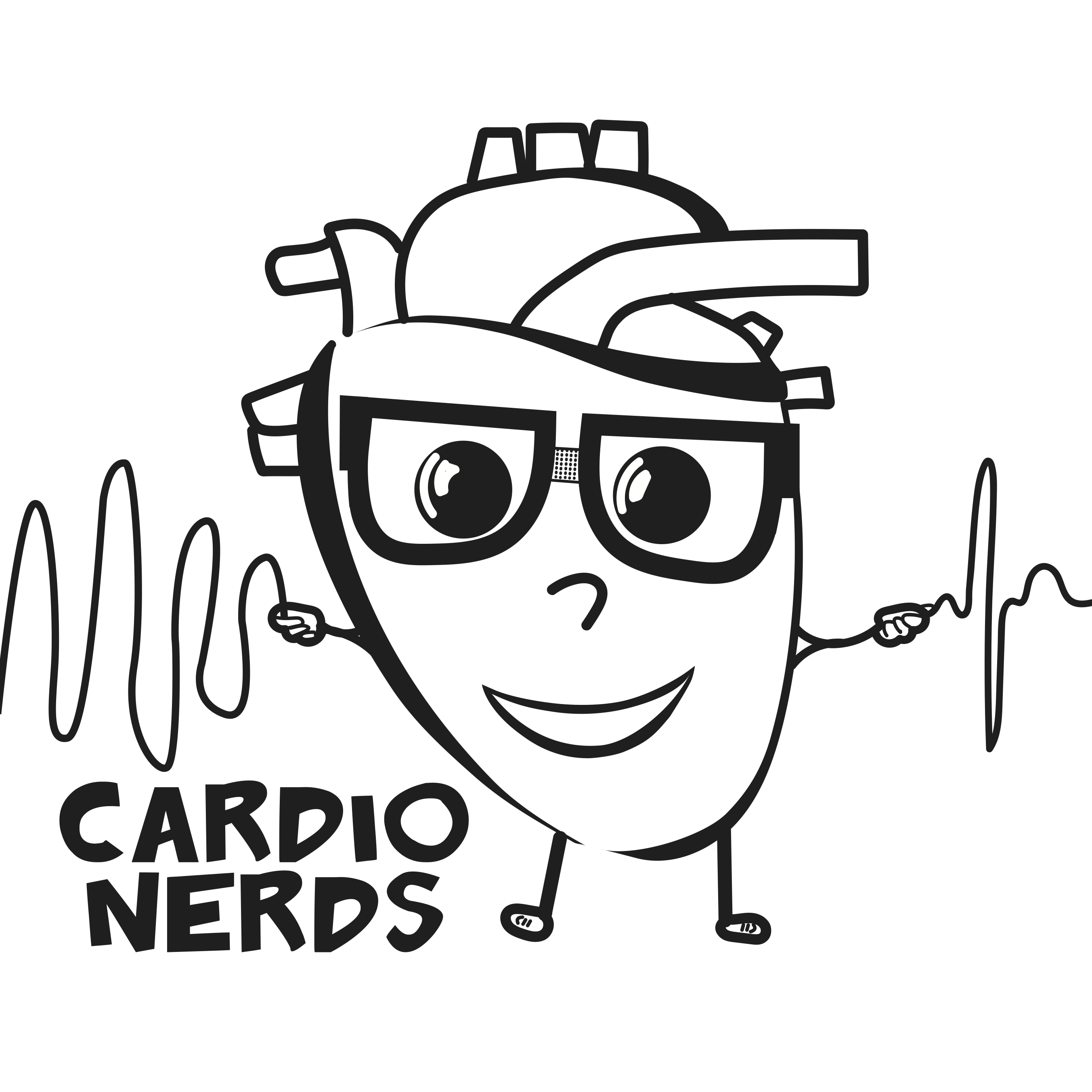318. Cardio-Oncology: Training and Future Directions with Dr. Stephanie Feldman

CardioNerds cofounder Dr. Daniel Ambinder, series co-chair Dr. Dinu Balanescu (FIT, Mayo Clinic), and episode lead Dr. Anjali Rao (FIT, UTSW) discuss training in cardio-oncology with Dr. Stephanie Feldman from Rutgers University. In this episode, the group discusses some of the most burning questions about educating the next wave of cardio-oncologists. As Dr. Feldman mentions, the projected number of cancer survivors is predicted to be around 24 million by 2024, underscoring the growing importance of cardio-oncology in our practice. We highlight some of the challenges facing trainees and training programs alike, including how to integrate cardio-oncology education into general cardiology training, the optimal structure for an advanced cardio-oncology fellowship, and the role of cardio-oncology in the inpatient setting. We also talk about the takeaways from the ACC Cardio-Oncology Leadership Council document. Dr. Feldman reflects on the importance of flexibility in education in the current landscape, drawing on her personal experience as a cardio-oncologist during the COVID-19 era. Notes were drafted by Dr. Anjali Rao. Audio editing was performed by student doctor, Shivani Reddy.\n\n\n\n This episode is supported by a grant from Pfizer Inc.\n\n\n\nThis CardioNerds Cardio-Oncology series is a multi-institutional collaboration made possible by contributions of stellar fellow leads and expert faculty from several programs, led by series co-chairs,\xa0Dr. Giselle Suero Abreu,\xa0Dr. Dinu Balanescu, and\xa0Dr. Teodora Donisan.\xa0\n\n\n\n\n\nPearls \u2022 Notes \u2022 References \u2022 Production Team\n\n\n\n\n\n\n\nCardioNerds Cardio-Oncology PageCardioNerds Episode PageCardioNerds AcademyCardionerds Healy Honor Roll\n\n\n\n\n\nCardioNerds Journal ClubSubscribe to The Heartbeat Newsletter!Check out CardioNerds SWAG!Become a CardioNerds Patron!\n\n\n\n\n\n\n\n\n\nPearls and Quotes - Cardio-Oncology: Training and Future Directions\n\n\n\n\nIt may be possible to achieve \u201cCOCATS level 2\u201d cardio-oncology training during general cardiology fellowship. A dedicated cardio-oncology year may appeal to trainees who want to achieve \u201cCOCATS level 3\u201d, i.e., dedicate their practice to caring for patients with complex cardio-oncology needs, become involved in clinical trials, and lead cardio-oncology clinical and training programs.\n\n\n\nSupplemental learning opportunities for general fellows can include:\n\nRotating in a cardio-oncology clinic, ideally attached to a National Cancer Institute-designated cancer center\n\n\n\nMulti-modality cardiac imaging\n\n\n\nParticipating in cardio-oncology research\n\n\n\n\n\nSome currently available educational opportunities include:The International Cardio-Oncology Society (ICOS) weekly webinarsThe American Society of Echocardiography (ASE) webinars on global longitudinal strainThe American Society of Nuclear Cardiology lecture series on cardiac amyloidosis\n\nCardio-oncology focused conferences, such as the American College of Cardiology\u2019s (ACC) Advancing the Cardiovascular Care of the Oncology Patient and Memorial Sloan Kettering\u2019s Cardio-Oncology Symposium.\n\n\n\n\n\nEach institution may have different inpatient cardio-oncology needs depending on whether there is a stand-alone cancer hospital or another format. Examples of inpatient consults that may benefit from having a cardio-oncologist involved include:Cardiovascular risk assessment prior to bone marrow transplant or cancer related surgery in a patient with known coronary artery diseaseImmune checkpoint inhibitor myocarditisChemotherapy-related cardiac dysfunction\n\nManagement of systemic anticoagulation in a patient with high CHA2DS2-VASc and chemotherapy related thrombocytopenia.\n\n\n\n\n\n\nShow notes - Cardio-Oncology: Training and Future Directions\n\n\n\nThe need for cardio-oncology experience is undeniable given the growing population of patients with cancer and cardiovascular disease, particularly given the number of anti-neoplastic therapies with potential cardiovascular side effects. There are several strategies for incorporating cardio-oncolo...